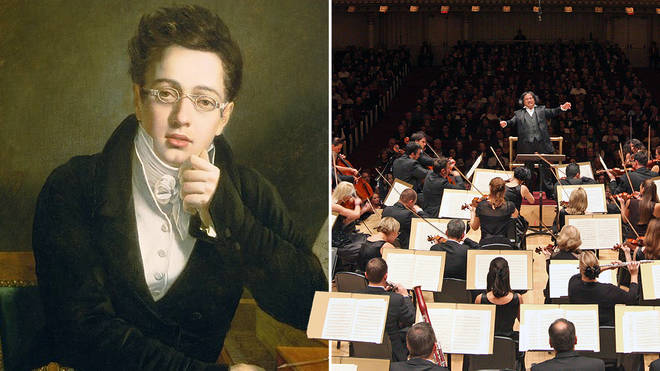24 June 2021, 12:36

Picture:
Getty
It’s not basically all Classical (big ‘C’) at all, so why has the identify caught as an umbrella phrase for Western instrumental, orchestral and choral new music?
The Oxford Dictionary defines ‘classical music’ as “music composed in a Western musical custom, generally employing an recognized sort (for instance a symphony). Classical tunes is generally considered to be significant and to have a lasting price.”
Oxford’s definition is just one particular illustration of how popular the generalised use of ‘classical music’ is when it comes to describing instrumental, orchestral, vocal, choral and other types of Western tunes.
But let us genuinely feel about that term… ‘classical’. Why do we use it as an umbrella, capture-all phrase for Western tunes, and where do the Renaissance, Baroque, Intimate eras, and over and above, match?
Here’s why the entire world has landed on ‘classical music’ to explain the impressive combos of instruments, melody and harmony that make up the canon of Western songs heritage.
Go through extra: Why are there only 12 notes in Western new music?
Large ‘C’ compared to modest ‘c’
In advance of we go even more, let’s unpack this promptly. We use classical tunes (modest ‘c’) to suggest Western instrumental, orchestral, vocal and choral new music – created for both equally secular and sacred settings.
But you may possibly have also read ‘classical’ in the context of the Classical period of audio, about 1750-1830 and encompassing composers these types of as Mozart, Haydn and early Beethoven (whilst some say he kicked off the following era, the Passionate era (1830-1900) definitely).
The Classical period observed the formalisation of mounted structures, compositional procedures and orchestral dimensions and styles in the symphony, comedian operas, and the Classical piano sonata.
Orchestras went by excellent modifications: the harpsichord or organ of the former Baroque era (1600–1750) have been no lengthier orchestras’ musical foundation, and wind devices this sort of as the horn, trumpet, clarinet, flute and oboe joined the strings to generate a new, unique seem.
Modern society was being reshaped by the Age of Enlightenment, a time of radical improve wherever social values focused on human legal rights and flexibility of religion. And the architectural design and style of the time was all about straight strains and purchase (as opposed to the a lot more ornate models of the Baroque), reminiscent of ancient Rome and Greece – that’s why the phrase ‘Classical’.
Study additional: 10 of the finest Classical period composers
So why has ‘classical’ trapped?
‘Classical’ appears to be to get the job done as a catch-all phrase of Western art audio genres for the reason that it evokes this Classical, ordered era of Mozart, Haydn and Beethoven in which so many instrumental, chamber, orchestral and operatic sorts we nonetheless hear regularly these days had been recognized.
In fact, the lineage of the forms and tonality set up in the Classical period can be observed to thread from the works of composers of earlier eras (Baroque, Renaissance, Medieval and right before), to the works of Passionate, 20th Century and modern day artists, as properly as well known Western music genres like jazz, pop, rock and past. So potentially it built sense to use it as shorthand to refer back to genres pre-courting fashionable history’s developments in well-known culture.
An additional cause the phrase began to stick was the inclination in the 19th Century for arts, lifestyle and culture to hark back to ‘classicism’, with its straight lines and get. Classicism was appealing, heralded and promoted commonly next the preceding time period of opulent, ornate Baroque kinds in arts and architecture. New music was amid the spots unable to escape this trend.
“There is not any other word that appears to explain it better”
“People use this phrase to explain tunes that isn’t jazz or well-liked tracks or people tunes, just simply because there isn’t any other word that would seem to explain it greater,” the terrific composer and conductor Leonard Bernstein claimed in an instalment of TV’s Youthful People’s Live shows, broadcast in January 1959.
Bernstein goes on to say in his programme that ‘classical’ is better than the problematic options of ‘good’, ‘serious’ and ‘art’ new music – all terms which of program also implement to myriad other genres, from Jazz and RnB, to folk, region pop and over and above.
We like this idea incredibly significantly. And if ‘classical’ is good enough for Bernstein, it’s excellent enough for us.
Click listed here to hear to our Vital Classical playlist on World Participant, the official Typical FM app.


